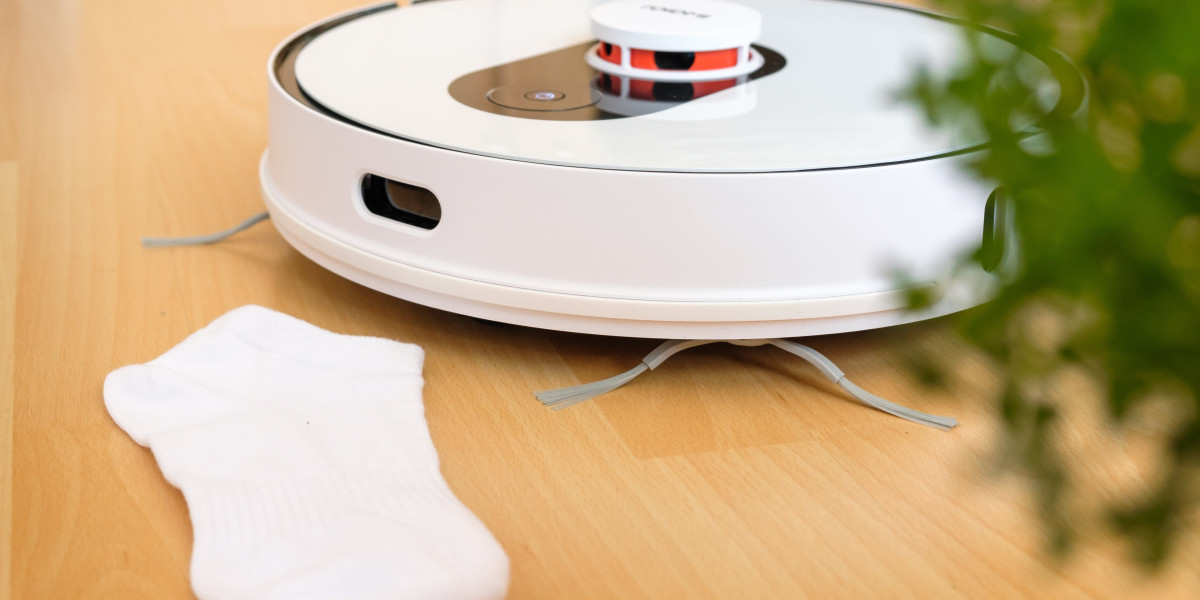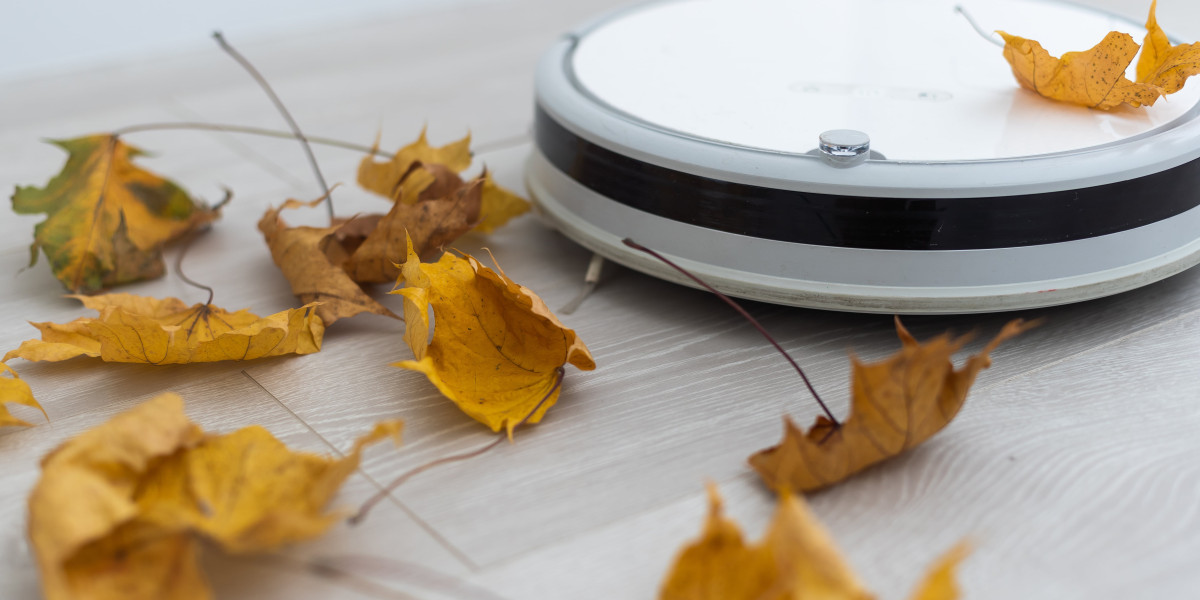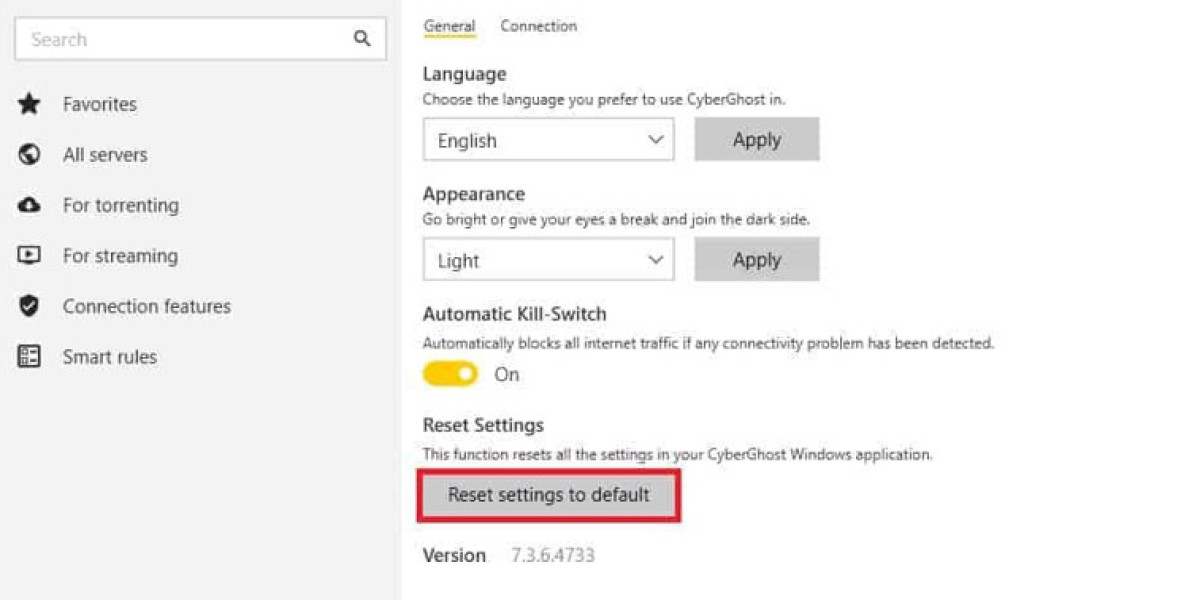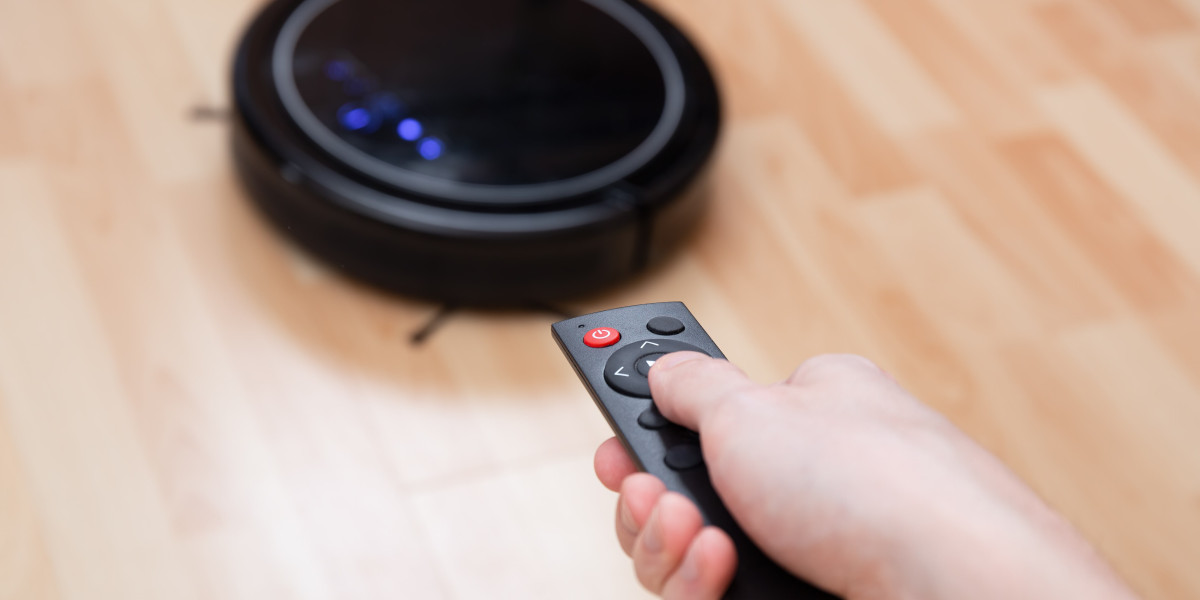Robotic Vacuum Cleaner Comparison: The Future of Home Cleaning
In current years, robotic vacuum have transformed the method we keep cleanliness in our homes. With improvements in innovation and the incorporation of synthetic intelligence, these gadgets have progressed from simple novelty items to essential family home appliances. This post provides a detailed comparison of a few of the leading robotic vacuum cleaners on the marketplace, assisting consumers make informed choices when selecting a design that suits their needs.

Comprehending Robotic Vacuum Cleaners
Robotic vacuum cleaners are self-governing makers designed to clean floors automatically. Equipped with sensing units, they browse around challenges and adjust their cleaning routes for maximum effectiveness. The key functions that separate various designs consist of suction power, battery life, app connectivity, navigation technology, and price.
Key Features to Consider
When comparing robotic vacuum robot cleaners, possible buyers need to take into account the following factors:
- Suction Power: Measured in Pascals (Pa), suction power identifies the effectiveness of getting dirt and debris.
- Battery Life: The length of time a automatic vacuum cleaners can run before needing a recharge significantly impacts its cleaning performance.
- Navigation Technology: Models may utilize simple random navigation or sophisticated mapping technologies (like LIDAR) that allow them to create a map of the home.
- Smart Features: Connectivity to mobile phone apps or smart home systems can boost use and control.
- Filter Type: HEPA filters are recommended for allergy sufferers, as they trap irritants and enhance air quality.
Comparison of Top Robotic Vacuum Cleaners
Below is a comparison table of some of the very best robot floor cleaner robotic vacuum cleaners readily available in 2023:
| Model | Suction Power (Pa) | Battery Life (minutes) | Navigation Technology | Smart Features | Price (GBP) |
|---|---|---|---|---|---|
| iRobot Roomba i7+ | 1700 | 75 | Smart mapping | App control, voice command | ₤ 949 |
| Roborock S7 | 2500 | 180 | LIDAR | App control, multi-floor | ₤ 649 |
| Neato D7 | 2000 | 120 | LIDAR | App control, zone cleaning | ₤ 599 |
| Ecovacs Deebot T10 | 3000 | 150 | Smart mapping | App control, room detection | ₤ 799 |
| Shark IQ Robot | 1200 | 90 | Random | App control, self-emptying | ₤ 399 |
Explanation of the Table
iRobot Roomba i7+: Known for its robust cleaning capability, it includes smart mapping technology that enables it to designate particular areas for cleaning. Its self-emptying function is a plus for benefit.
Roborock S7: This design stands out in suction power and battery life, making it ideal for larger homes. Its LIDAR innovation assists develop an efficient cleaning course, and it can vacuum and mop simultaneously.
Neato D7: The D-shape design enables for better corner cleaning, and it includes strong suction power. Its LIDAR navigation allows it to map out cleaning locations accurately.
Ecovacs Deebot T10: Boasting the highest suction power and advanced navigation, this model can manage several floorings efficiently. It's a versatile option for families with varying floor types.
Shark IQ robot vacuum cleaner price: An economical alternative that still provides smart features. Its self cleaning vacuum cleaner-emptying ability and app integration make it a practical choice for those searching for a solid cleaning buddy without breaking the bank.
Advantages of Robotic Vacuum Cleaners
Robotic vacuum cleaners use many advantages that add to their increasing appeal amongst consumers:
- Time-Saving: Automated cleaning enables users to maximize important time that can be spent on other activities.
- Convenience: Many designs can be scheduled by means of apps to clean up at particular times, lowering manual effort.
- Accessibility: They can reach under furniture and in tight spaces where traditional vacuums might have a hard time.
- Daily Maintenance: Regular use of robotic vacuum Cleaner comparison vacuums can help keep a regularly tidy environment, promoting much better overall home hygiene.
Frequently Asked Questions About Robotic Vacuum Cleaners
1. How frequently should I run my robotic vacuum?
It is suggested to run the robotic vacuum at least 2-3 times a week to maintain tidiness, though everyday usage can be helpful, particularly in homes with animals or high foot traffic.
2. Do robotic vacuums work on carpets?
Yes, numerous robotic vacuums are developed to work on carpets, however efficiency might vary based upon the model's suction power and brush type. Try to find designs particularly mentioned as effective for carpets.
3. Can robotic vacuums clean family pet hair?
Many robotic vacuums can efficiently choose up pet hair, however those with strong suction and tangle-free brush styles are especially well-suited for this task.
4. How do I maintain my robotic vacuum?
Routine maintenance consists of cleaning the brushes and sensors, clearing the dustbin, and occasionally replacing filters to ensure optimal efficiency.

5. Are robotic vacuums worth the investment?
While they tend to be more expensive than conventional vacuums, the convenience, effectiveness, and time-saving elements make them a worthwhile investment for numerous families.
The market for robotic vacuum continues to broaden as technology develops, using customers a variety of options to suit different cleaning needs and budget plans. By carefully considering functions such as suction power, battery life, and smart capabilities, users can choose a model that aligns with their lifestyle. Whether for convenience, ease of usage, or remarkable cleaning performance, robotic vacuums are certainly reshaping the future of home cleaning.








